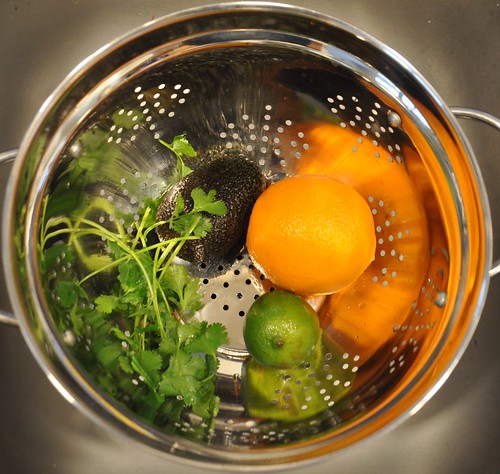Jesus said: “It is written, ‘Man shall not live by bread alone, but by every word that proceeds from the mouth of God.'” (Matthew 4:4, Deuteronomy 8:3)
“Fasting or abstinence from food is not exclusively a Christian practice. It existed and still exists in other religions and even outside religion, as for example in some specific therapies. Today people fast (or abstain) for all kinds of reasons, including sometimes political reasons. It is important, therefore, to discern the uniquely Christian content of fasting. It is first of all revealed to us in the interdependence between two events which we find in the Bible: one at the beginning of the Old Testament and the other at the beginning of the New Testament. The first event is the ‘breaking of the fast’ by Adam in Paradise.
He ate of the forbidden fruit. This is how man’s original sin is revealed to us. Christ, the New Adam – and this is the second event – begins by fasting. Adam was tempted and he succumbed to temptation; Christ was tempted and He overcame that temptation. The results of Adam’s failure are expulsion from Paradise and death. The fruits of Christ’s victory are the destruction of death and our return to Paradise. The lack of space prevents us from giving a detailed explanation of the meaning of this parallelism.

It is clear, however, that in this perspective fasting is revealed to us as something decisive and ultimate in its importance. It is not a mere ‘obligation’, a custom; it is connected with the very mystery of life and death, of salvation and damnation. In the Orthodox teaching, sin is not only the transgression of a rule leading to punishment; it is always a mutilation of life given to us by God. It is for this reason that the story of the original sin is presented to us as an act of eating. For food is means of life; it is that which keeps us alive.
But here lies the whole question: what does it mean to be alive and what does ‘life’ mean? For us today this term has a primarily biological meaning: life is precisely that which entirely depends on food, and more generally, on the physical world. But for the Holy Scripture and for Christian Tradition, this life ‘by bread alone’ is identified with death because it is mortal life, because death is a principle always at work in it. God, we are told, ‘created no death.’ He is the Giver of Life. How then did life become mortal? Why is death and death alone the only absolute condition of that which exists? The Church answers: because man rejected life as it was offered and given to him by God and preferred a life depending not on God alone but on ‘bread alone.’” (Alexander Schmemann, Great Lent, pp 93-94)




